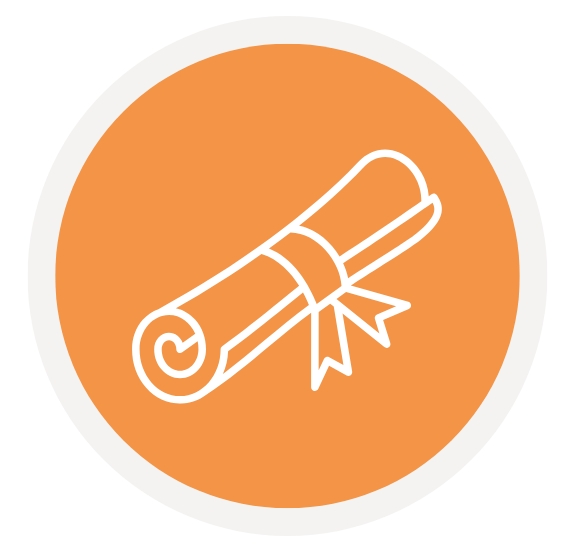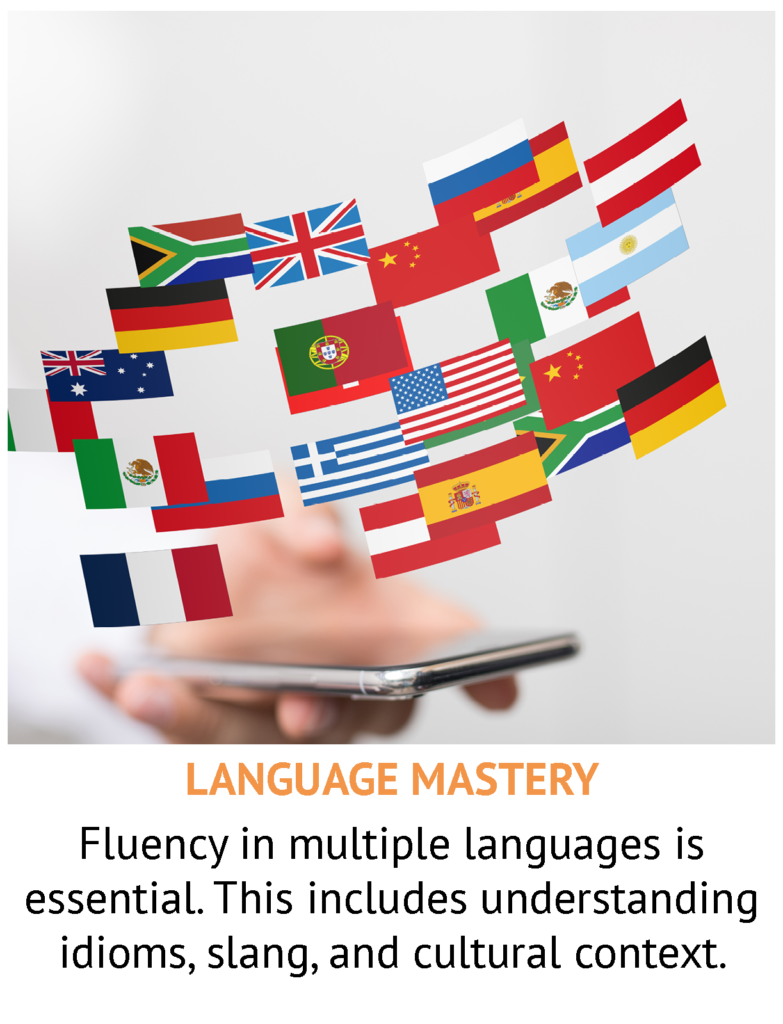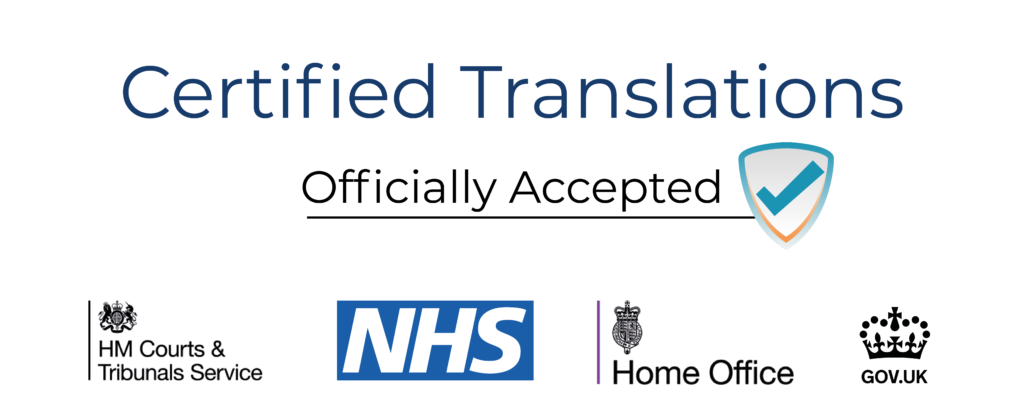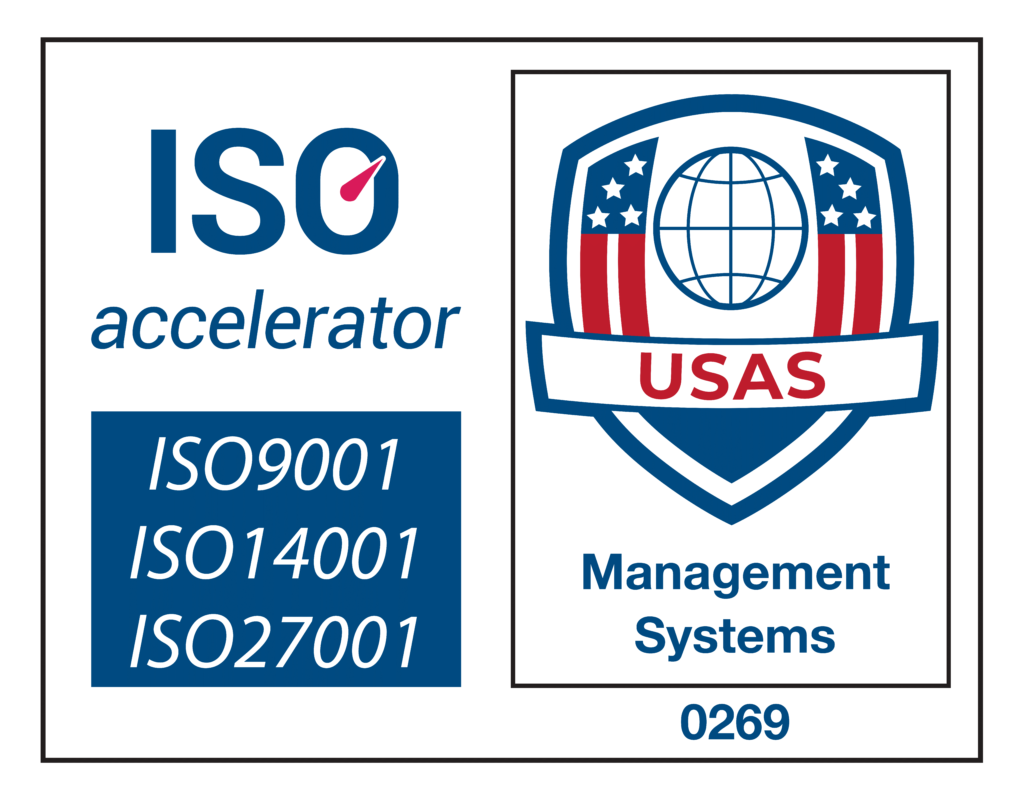
INTERPRETING & TRANSLATION SERVICES YOU CAN TRUST
Have you ever wondered how to become an interpreter and bridge communication gaps between diverse cultures and languages?
At Linguist Point, we’re passionate about guiding aspiring interpreters through their journey, offering professional advice, training opportunities, and resources to help you succeed in this rewarding career. Whether you aim to work as a certified interpreter for legal, medical, or business purposes, or specialise in a specific field, we provide the insights you need to get started.
Interpreters play a crucial role in fostering understanding across languages. By mastering this skill, you can open doors to exciting opportunities in various industries, including healthcare, business, law, and public services.
Get in touch to explore interpreter training opportunities with Linguist Point
WHAT DOES AN INTERPRETER DO?
An interpreter facilitates verbal communication between individuals who speak different languages. This can include real-time spoken interpretation or sign language communication. Interpreters work in diverse settings such as courtrooms, hospitals, business meetings, and international conferences.
Types of Interpretation Services:- Simultaneous Interpretation: Real-time translation during conferences or events.
- Consecutive Interpretation: Translating after a speaker finishes a sentence or idea.
- Sign Language Interpretation: Facilitating communication for individuals with hearing impairments.
- Telephone Interpreting: Enabling communication over the phone in real-time.
Explore career insights on becoming an interpreter at NRPSI
HOW TO BECOME AN INTERPRETER
If you want to know how to become an interpreter, there are specific steps you need to follow to ensure success. Interpreting requires not just fluency in multiple languages, but also excellent listening, speaking, and cultural awareness skills.

DEVELOP LANGUAGE PROFICIENCY
To become an interpreter, you need to be fluent in at least two languages. Proficiency includes speaking, reading, and understanding cultural nuances.

GAIN RELEVANT EDUCATION
Pursue a degree or diploma in languages, linguistics, or translation studies. Courses in interpretation techniques can provide a solid foundation.

OBTAIN CERTIFICATION
Certifications like the Diploma in Public Service Interpreting (DPSI) or accreditation from the Chartered Institute of Linguists (CIOL) can boost your credibility.

GAIN EXPERIENCE
Volunteer or intern to gain practical experience in interpretation. Real-world practice helps build confidence and improve skills.

CHOOSE A SPECIALISATION
Interpreters can specialize in fields like medical, legal, or business interpreting. Specialisation improves your marketability.
Contact us to learn about training programmes and opportunities to enhance your interpreting career.
SKILLS YOU NEED TO BECOME AN INTERPRETER
Interpreting is more than just translating words. It requires a combination of linguistic, cultural, and interpersonal skills





Discover our interpreting and translation services to see how we apply these skills.
COMMON CHALLENGES AND HOW TO OVERCOME THEM
Many aspiring interpreters face challenges, but with determination and the right support, these can be overcome.



Learn more about interpreter training at CIOL
CAREER OPPORTUNITIES FOR INTERPRETERS
Interpreters are in high demand across various sectors. Here are some career paths you can explore:
1. Healthcare Interpreting
Work as an NHS interpreter, facilitating communication between healthcare providers and patients.
2. Legal Interpreting
Assist in courtrooms, police interviews, and legal meetings.
3. Business Interpretation Services
Support multinational companies during meetings, negotiations, and conferences.
4. Government and Public Services
Help government agencies communicate effectively with diverse communities.
Check out our business language services to understand corporate interpreting needs.
FAQS ABOUT BECOMING AN INTERPRETER
1. How long does it take to become an interpreter?
The timeline varies depending on your language proficiency and training. Most certifications take 6 months to 2 years.
2. Do I need a degree to become an interpreter?
While a degree is beneficial, certifications and experience are equally important.
3. Can I work as a freelance interpreter?
Yes, many interpreters choose freelancing for flexibility and diverse opportunities.
4. How do I specialise as an interpreter?
Focus on a specific field, such as legal or medical interpreting, and pursue relevant training.
Are you ready to start your journey as an interpreter? At Linguist Point, we provide the guidance, training, and resources you need to excel in this fulfilling career.




